Today we commemorate the 100 000 ethnic Hungarians from Upper Hungary (now mostly present-day Slovakia) whose citizenship was revoked and belongings confiscated, who were expelled from their communities and forced to leave their homeland because of the Beneš Decrees. In the post-World War II reestablished Czechoslovakia, a government program from Košice on April 5 1945, designated the local Hungarians and Germans collectively responsible for the „disintegration” of the country. Among the decrees established by President Edvard Beneš between May and October of 1946, 33 indirectly or directly restricted the basic rights of the native Hungarians and Germans.
Resulting from the Decrees, 36 000 people with Hungarian citizenship from before 1938 were expelled in the first wave of deportations; the Hungarian population of Pozsony (Bratislava), Kassa (Košice) and Komarom (Komárno) was relocated, and their properties were expropriated. According to the population exchange agreement with the Soviet occupied Hungary, the Czechoslovak authorities could relocate as many Hungarians from Slovak territory to Hungary as the number of Slovaks that left Hungarian territory voluntarily. However, despite the terms of the Prague government’s agreement, only 59 774 volunteered for relocation to Slovakia while 76 616 Hungarians were deported to Hungary; meanwhile, Hungary ran an official relocation recruitment program in vain.
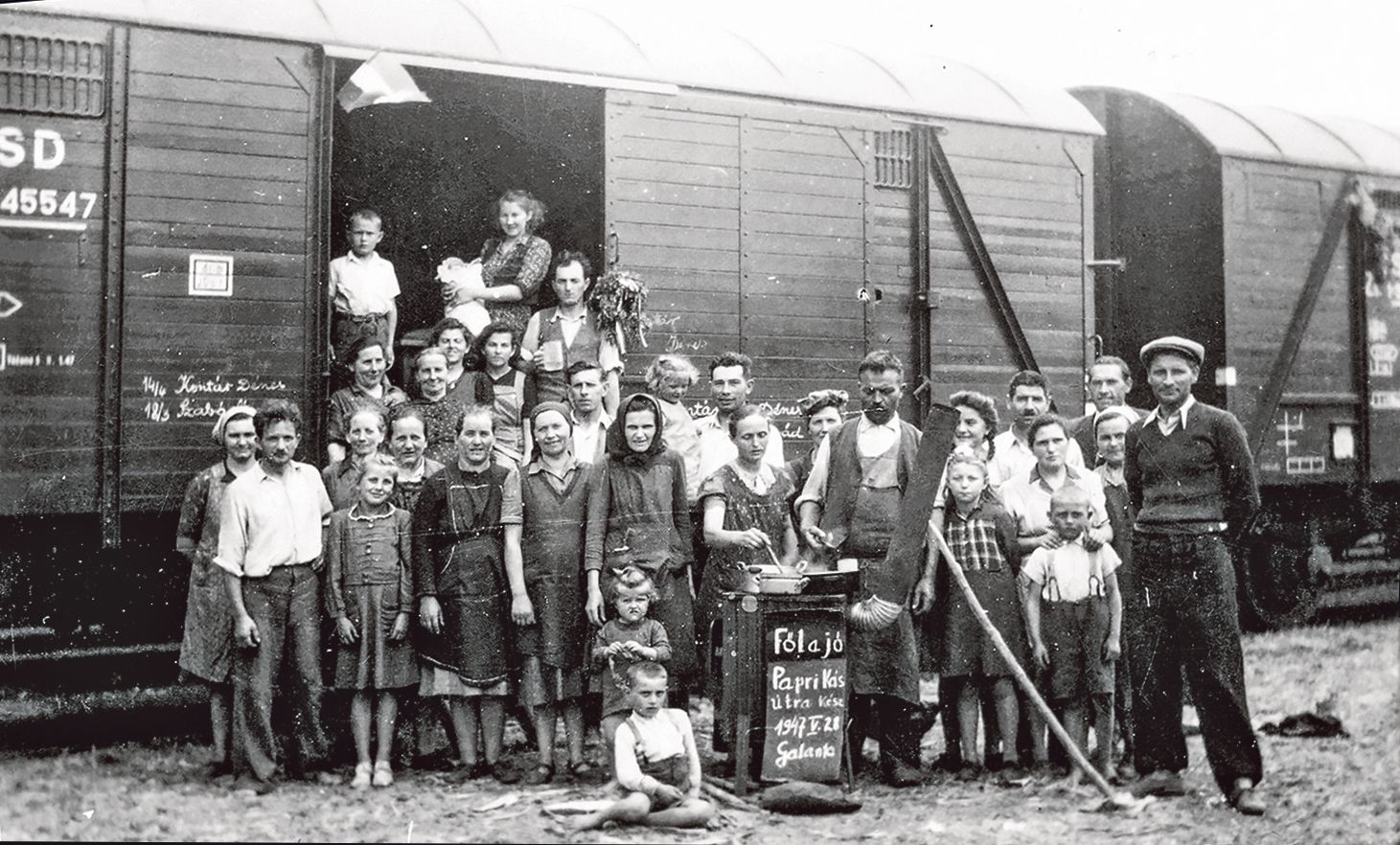
Fotó: Fortepan / Kozma János
The first train carrying displaced Hungarians departed on April 12, 1947, and the last on June 5, 1949. During this time, the designated families and their belongings were taken to Hungary on almost a daily basis. Meanwhile, the reslovakisation also started, which “gave Slovaks who had become Hungarian over the centuries the opportunity to return to the mother nation”; in practice this meant masses of Hungarians in Slovakia applied to be part of the Slovakian community to avoid confiscation and deportation, and to acquire civil rights.
During the campaign, 423 000 intimidated and threatened Hungarians submitted their applications, and the authorities declared 327 000 of them Slovak. At the Paris Peace Conference, Czechoslovakia, which had the full support of the Soviet Union, even wanted to go as far as to unilaterally relocate the remaining 200 000 Hungarians left after the reslovakization, but this was vetoed by the Americans.

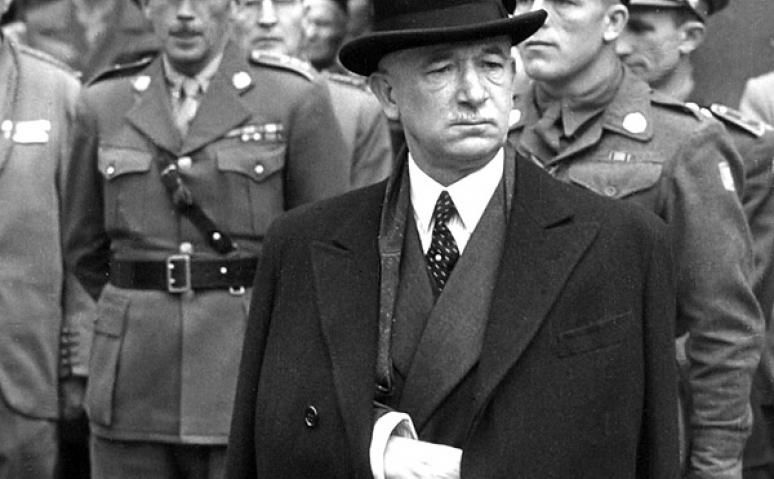
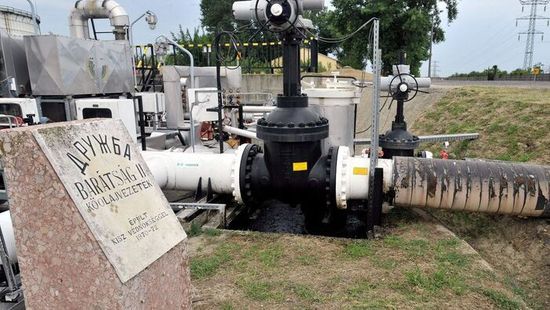

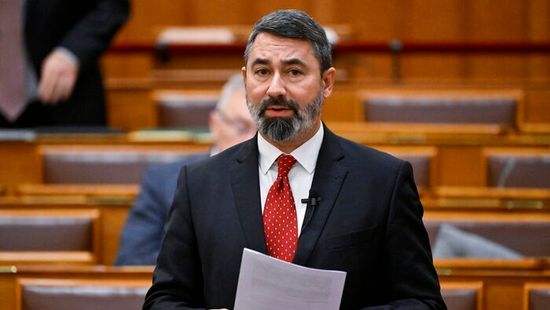


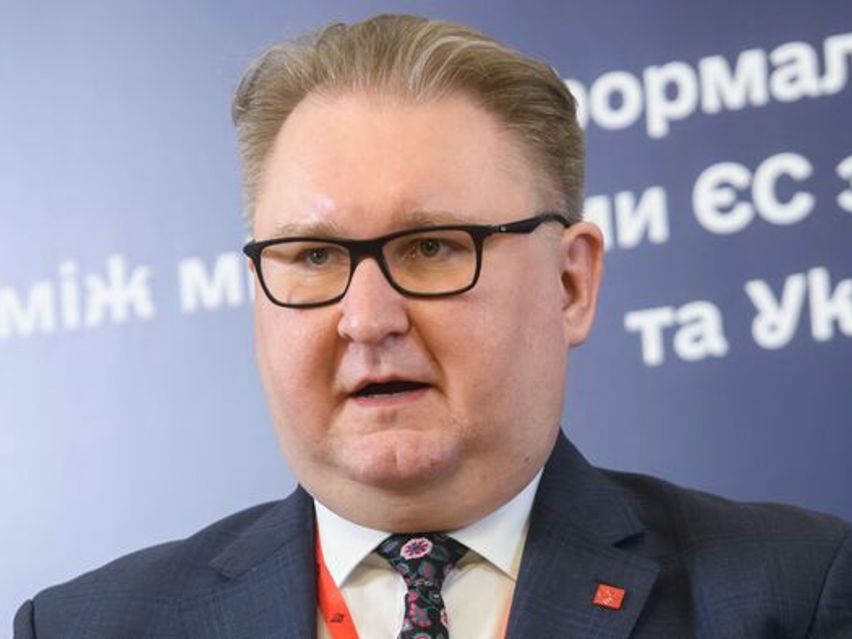
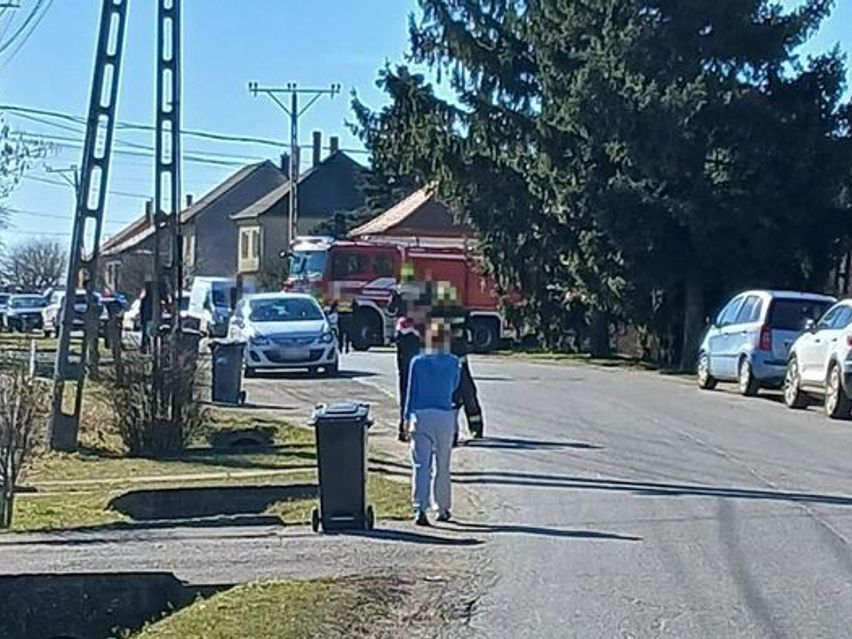




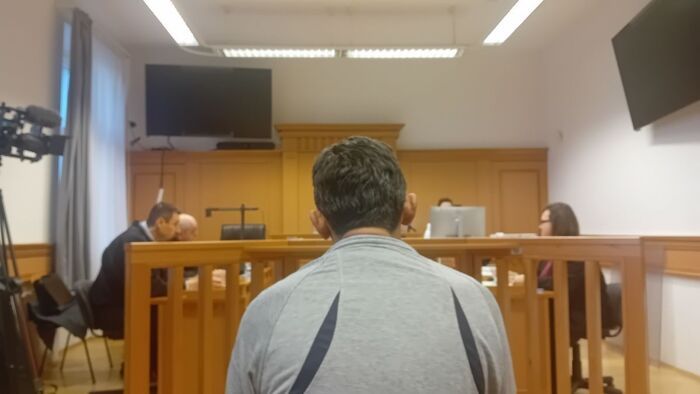

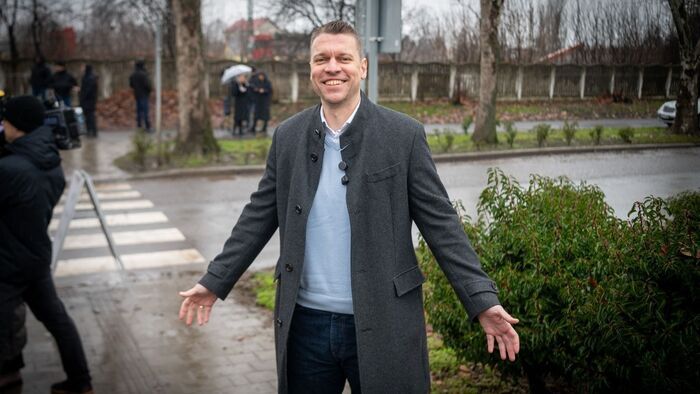








Szóljon hozzá!
Jelenleg csak a hozzászólások egy kis részét látja. Hozzászóláshoz és a további kommentek megtekintéséhez lépjen be, vagy regisztráljon!